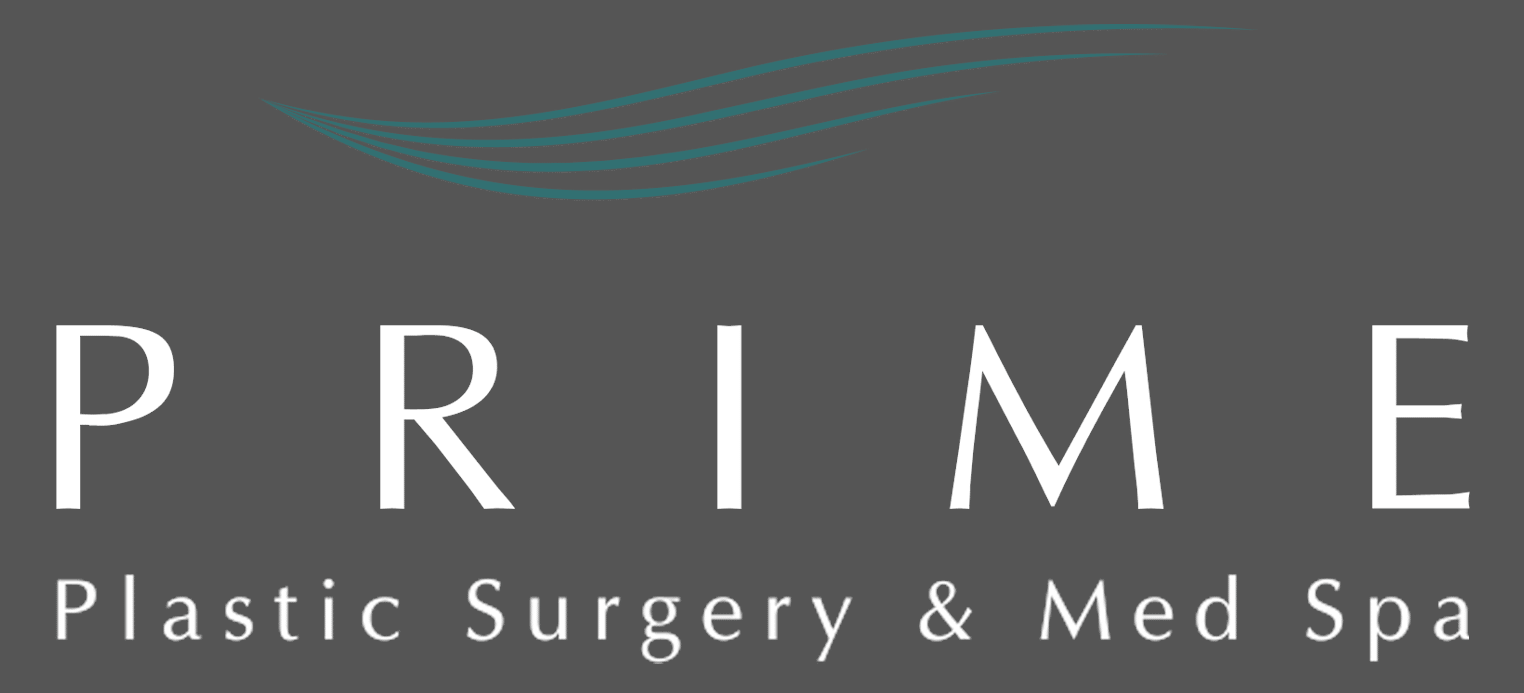Dr. Tom J. Pousti of Prime Plastic Surgery understands that individuals considering plastic and cosmetic surgery may have questions about their desired procedure. To help individuals gain answers to their questions, Dr. Pousti is pleased to share many of the frequently asked questions as well as his responses to many of the most popular plastic and cosmetic surgery procedures.
How should I select a surgeon?
Take your time; although it’s elective surgery, it is still surgery, and typically not something which you need or should rush into. Do your research with regard to the specific plastic surgery procedure or medical spa treatment you’re interested in. Once you know both what you hope to achieve and how you hope to achieve it, schedule a consultation. At your consultation, you will not only have the opportunity to learn more about a specific procedure or treatment but to ask questions. For instance:
• Are you board certified by the American Board of Plastic Surgery?
• How long have you performed plastic surgery, specifically the procedure you’re interested in?
• Do you primarily perform aesthetic (cosmetic) surgical procedures?
• How often do you perform this procedure?
• Who will perform the procedure?
• Do you use board-certified anesthesiologists?
• Do you have a recovery room nurse who is there solely to monitor you in the recovery room?
• Can I see a photo of the recovery room and the operating room or a photo of the surgical facility?
Is the surgical facility accredited by a national organization like the American Society for Accreditation of Ambulatory Surgical Facilities (AAAASF), 1-888-545-5222 or www.aaaasf.org.
Why should I choose a surgery center?
A surgery center offers high quality nursing team, anesthesia, and post-op care available. Having surgery in a surgery center gives you peace of mind that every detail has been checked and checked again. Our Surgery Center
What should I know about anesthesia?
When necessary, twilight sleep or light general anesthesia is administered by a competent anesthetist or anesthesiologist. The level of anesthesia will vary with the needs of each patient. The type of anesthetic is clearly described at the time of consultation and is tailored to the patient’s needs for surgery. The patient will remain in the recovery area until able to be discharged. Your surgeon will ask you to have a friend or family member drive you home after the operation.
What are the risks?
Although complications are possible, they are very rare. Most patients accept the risks after consideration. A full description of every possible complication is beyond the scope of this text but risks specific to each procedure will be discussed in the appropriate section.
How long will my recovery be?
The period of recovery depends on the surgery performed. After surgery strenuous physical activities are limited. You can resume normal activities within a few days depending on the surgical procedure. In some cases, there will be temporary swelling, bruising, and discomfort. The most common concern is an uncomfortable feeling, not pain. Pain is surprisingly minimal and easily controlled with medication. Mild analgesics are used in most cases, but stronger medication is given when necessary. The surgeon will discuss your postoperative visits for the removal of dressings and sutures. Special arrangements are made for patients who are from out of town and arrangements are usually available for patients who do not live in the area, or choose to spend a few days after surgery away from their families. Care is taken to place the incision in the natural skin creases or skin folds along inconspicuous areas so they are not visible when the healing process is completed. The incision may be pink for several weeks postoperatively but is easily camouflaged the day after suture removal. Complete maturation of the surgical area takes more than one year, though in most cases after one or two weeks, only the patient and physician can detect the surgical incision. Time is the single most important factor in the healing process.
How are fees determined?
In general cosmetic surgery is not covered by insurance. Insurance will only pay when the surgery is done for reconstruction of deformities caused by accidents or when surgery improves function which is impaired by a physical deformity such as a septal deviation in rhinoplasty (nasal surgery). If an insurance company is to be billed for the surgery, the doctor’s office staff will usually submit the insurance claim forms and documents to your insurance company for payment. Fees are generally determined based on each patient’s needs. Fees are clearly explained to the patient at the time of the first consultation.
Why should I schedule an initial consultation?
At the time of your visit, the extent of your surgery will be carefully discussed and an evaluation made. A consultation helps to clarify the patient’s desires and the surgeon’s plan. There is no standard operation that applies to the same patient. An operation will be designed during this consultation specifically for you and all of the details will be explained. The most important goal of the consultation is to communicate. Caution is advised in looking at before and after photos. These can often be misleading and may not reflect your particular needs. To help bridge the gap, computer graphics are often employed. Some surgeons are using this tool to show patients what they will look like after surgery. In general, the consultation helps the patient understand what can be achieved. It helps the doctor understand the patient’s desires and, most importantly, it allows the patient to ask valuable questions and decide if surgery is right for them.
Why are pictures taken before and after surgery?
Pictures are taken before surgery to help plan the procedure. They are useful guides that surgeons will use in planning and preparing for your procedure. In addition, postoperative photos are taken to enable you and the surgeon to evaluate the results of the procedure.
Informed Consent: You will be asked to review and sign a form that clearly describes your desired operation. This informed consent is a legal document and your authorization allows the surgeon to perform the surgery.
Is Board Certification by The American Board of Plastic Surgery important?
Absolutely! Unfortunately, in California, as in most states, it is legal for any physician with a medical license to perform cosmetic procedures and even to claim to be a plastic surgeon. Additionally, there are many self-proclaimed sound-alike boards, allowing some doctors to make claims as to super-specialization. Only one board is recognized by the American Board of Medical Specialties and the American Medical Association for the certification of plastic surgeons – the American Board of Plastic Surgery.
Physicians certified by the American Board of Plastic Surgery:
• Have graduated from medical school
• Have received specialized surgical residency training of a minimum of 5 years after medical school
• Have completed rigorous oral and written examinations in plastic surgery that evaluate candidates in medical knowledge, anatomy, patient safety, surgical techniques, patient selection, and ethics
• Are held to high ethical standards
• Are required to maintain their skills through continuing education
To ensure your plastic surgeon’s memberships, as well as his or her training, you can contact the state medical board, the American Board of Plastic Surgery (215-587-9322), the American Society of Plastic Surgeons (888 4-PLASTIC), and if it is an aesthetic (Cosmetic) procedure, the American Society of Aesthetic Plastic Surgery (888 272-7711)
Dr. Singer is certified by the American Board of Plastic Surgery. Additionally, he is a member and prior Chairman of the Board of Trustees of the American Society of Plastic Surgeons and a member and prior President of the American Society for Aesthetic Plastic Surgery.
Is plastic surgery for me?
Only you can answer this question, and no plastic surgeon should push you to decide before you’re ready; only you will know when that time is right. Prime Plastic Surgery’s goal is to help you make an informed decision, providing you with information regarding both the risks and rewards of plastic surgery. Although you will find this Web site a great source of up-to-date information, nothing can replace a face-to-face meeting; request your consultation today by calling 858 455 0290.
Are outpatient office-based plastic surgery procedures safe?
Although thousands of people have plastic surgery every year without complications, no surgical procedure is risk-free. 2 key ingredients account for patient safety in outpatient procedures: 1) the training and skill of the physician (hopefully a surgeon) and 2) The quality of the surgical facility.
When your procedure is performed by a plastic surgeon certified by the American Board of Plastic Surgery in a surgical facility that has been routinely inspected and accredited by a national agency, like the American Society for Accreditation of Ambulatory Surgical Facilities (AAAASF), and anesthesia is provided by a board-certified physician anesthesiologist, the published data shows that risks, which can occur in any surgical facility are minimal in the appropriate patient. It compares favorably with the risk in a freestanding ambulatory surgical facility or major hospital surgical facility.
Unfortunately, in most states, anyone with a physician license and in some states even those with a dental license can perform cosmetic (aesthetic) procedures, and few states require inspection, licensing, or accreditation of office-based surgical centers. California does not have regulations about who can perform plastic surgery but is one of those states that have passed a law that imposes strict standards to ensure patient safety for those patients having sedation or general anesthesia. The surgery suites at Singer Surgical Centre in La Jolla are routinely inspected and accredited by the American Society for Accreditation of Ambulatory Surgical Facilities (AAAASF), 1-888-545-5222 or www.aaaasf.org. to meet the highest national standards. In the interest of patient safety and the highest level of care, the Singer Surgical Centre underwent elective accreditation even before it was ever required.




